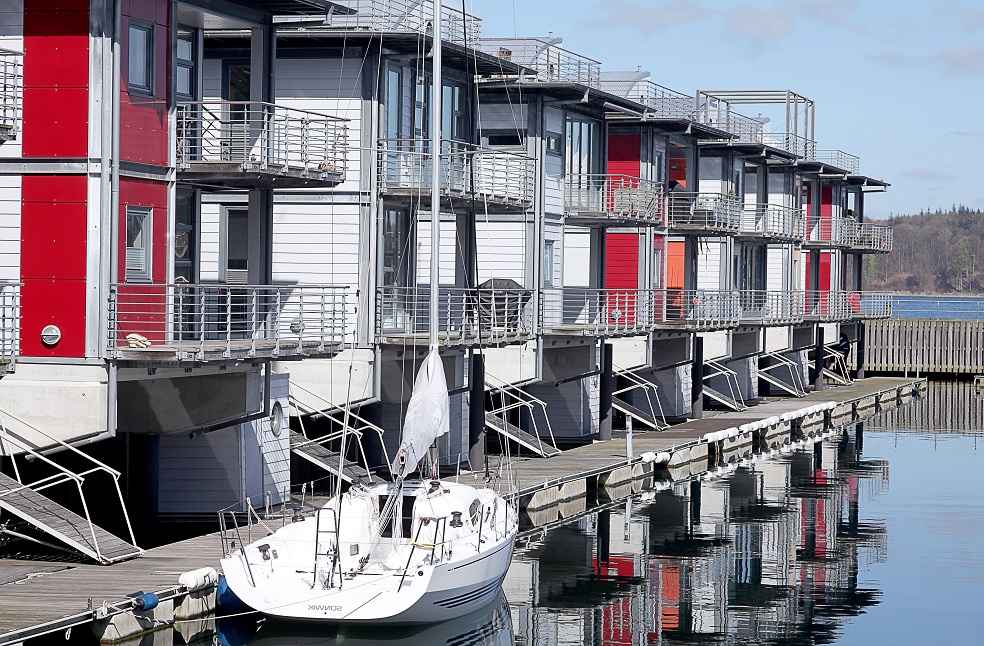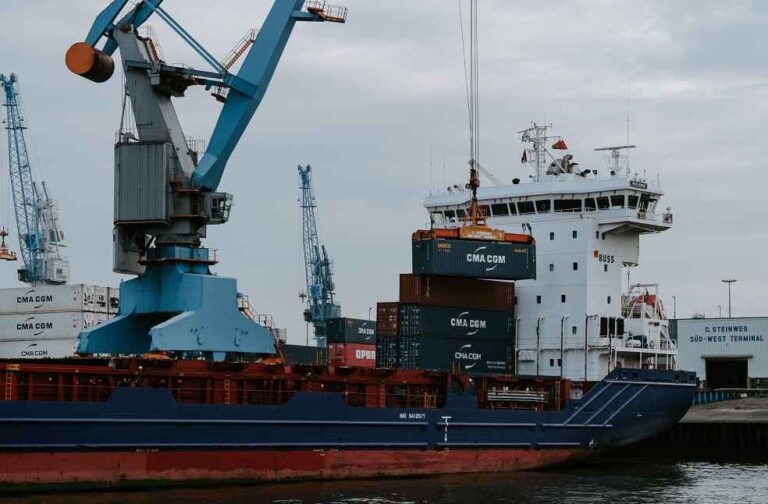Global maritime commerce is set to face significant cost challenges as the sector transitions to zero-emission fuels, according to a recent report by experts at the United Nations Conference on Trade and Development (UNCTAD). However, this move also presents opportunities for nations to play a greater role in international trade through the production and distribution of such fuels.
The study, ‘Understanding the Impact of Maritime Decarbonization’, penned by Connor Bingham and Ida Tang Mikkelsen, highlights that zero-emission fuels, while crucial for curbing environmental degradation and stabilizing global trade, will likely raise trade costs and impact commodity prices. A balanced transition is urged, especially for emerging economies and developed countries.

Over 80% of global trade, equivalent to 70% by volume, is conducted via maritime routes. This entire network stands to bear the brunt of the cost changes. Small Island Developing States (SIDs) and Least Developed Countries (LDCs), which heavily rely on import-export trade and are distanced from major trade corridors, might face a severe hike in transport costs. As it stands, these countries already pay double the trade cost incurred by developing nations, making them exceptionally susceptible to potential price surges.
Moreover, countries primarily exporting low-value-per-tone commodities like agricultural and industrial raw materials are expected to bear disproportionate cost impacts. As seen during the COVID-19 crisis in East Africa, escalated transportation costs can amplify import prices and jeopardize local food security. The situation calls for a tailored approach to regions that are particularly vulnerable to increased transportation costs.
In response to these impending challenges, the International Maritime Organization’s (IMO) ongoing MEPC80 discussions are focused on devising strategies to counter these concerns. Possible interventions include the redistribution of funds to states most impacted by measures such as carbon pricing or feebate systems.

Although the hike in marine fuel prices is an essential measure for mitigating shipping emissions, a globally coordinated response is vital to ensure that the collected revenue benefits the global South and countries far from their markets. The IMO is encouraging member states to progress towards ocean decarbonization while mitigating disproportionately negative impacts on the worst-affected nations.
Even amidst rising trade costs, maritime decarbonization presents a silver lining, providing an avenue for some countries to intensify their engagement in international trade via the production and distribution of zero-emission fuels. The progress of the MEPC80 discussions will be instrumental in ensuring a holistic approach to ocean decarbonization, ensuring that no nation is left behind in this essential global initiative.
LOGISTICS INDUSTRY: China’s logistics industry Surge: A Robust Recovery



